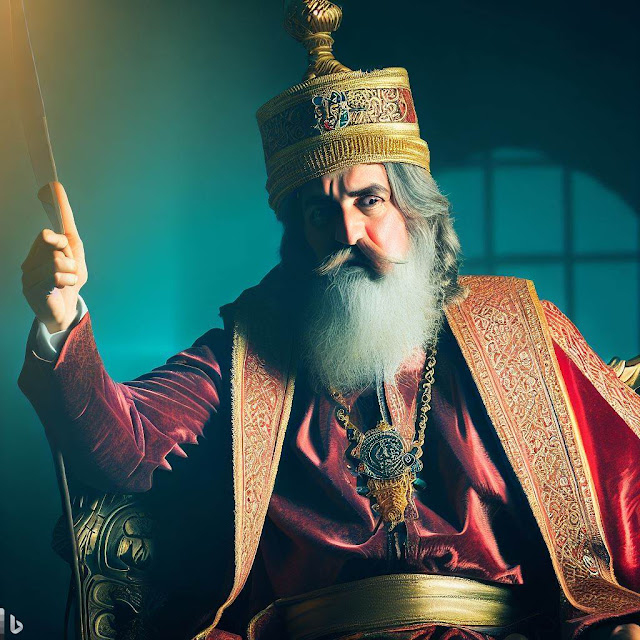The Ottoman Empire was one of the most influential and long-lasting empires in human history. For over six centuries, the Ottomans controlled vast territories in Europe, Asia, and Africa, leaving an indelible mark on the world's culture, politics, and economy. At the heart of this empire were the sultans, the absolute rulers who governed the Ottoman state with absolute power and authority. But among all the sultans who ruled the Ottomans, who was the most powerful? In this article, we will explore the life, achievements, and legacy of the most influential sultan in Ottoman history.
Who is the most powerful sultan in Ottoman Empire? - The Answer:
The most powerful sultan in Ottoman Empire history was undoubtedly Suleiman the Magnificent. Suleiman, also known as Suleiman the Lawgiver, was the tenth sultan of the Ottoman Empire, who reigned from 1520 to 1566. During his long and illustrious reign, Suleiman transformed the Ottoman Empire into a global superpower, a cultural and economic hub, and a beacon of Islamic civilization.
Suleiman the Magnificent: The Early Years
Suleiman was born in 1494 in Trabzon, a city on the Black Sea coast of Anatolia. His father, Selim I, was the ninth sultan of the Ottoman Empire, who had just conquered the Mamluk Sultanate in Egypt and Syria, expanding the Ottoman Empire's borders to its greatest extent.
Suleiman's Reign: A Golden Age of the Ottoman Empire
Suleiman inherited a vast and powerful empire from his father, but he did not rest on his laurels. Instead, he embarked on a program of reform and expansion that would make the Ottoman Empire the dominant power in the Mediterranean and the Middle East.
Suleiman's Military Campaigns: Conquest and Expansion
One of the most significant achievements of Suleiman's reign was his military campaigns. Suleiman led several successful campaigns against the Safavid Empire, the Kingdom of Hungary, and the Habsburg Empire, expanding the Ottoman Empire's territory and influence.
Suleiman's Cultural and Intellectual Legacy: Art, Architecture, and Literature
Suleiman was not only a great military commander but also a patron of art, architecture, and literature. During his reign, the Ottoman Empire experienced a cultural and intellectual revival, known as the "Golden Age" of Ottoman art and culture.
Suleiman's Domestic Policies: Law, Justice, and Reform
Suleiman was also known as Suleiman the Lawgiver for his reform of the Ottoman legal system. He introduced several new laws and regulations that enhanced the rights of his subjects and promoted justice and equality.
The Decline and Legacy of Suleiman's Empire
After Suleiman's death in 1566, the Ottoman Empire began a slow decline that lasted for centuries. Nevertheless, Suleiman's legacy continued to shape the Ottoman Empire and the broader Islamic world, inspiring future generations of leaders, intellectuals, and artists.





